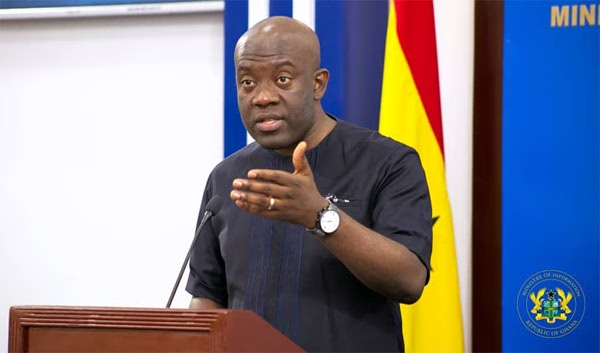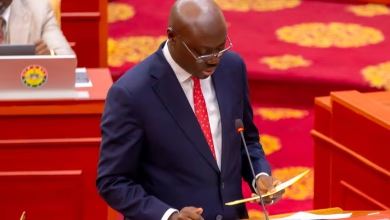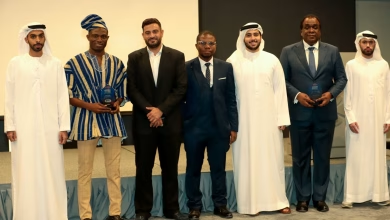The Ghanaian government is on the verge of finalizing negotiations to revive the stalled Saglemi Housing Units, with the project set to be handed over to a private developer for redevelopment within the next 14 days. This significant update was shared by Minister for Works and Housing, Kojo Oppong Nkrumah, during a press briefing in Accra on September 30, 2024.
The Saglemi Housing Project initially aimed to deliver 5,000 affordable housing units, with approximately $200 million in government financing. However, only 1,506 units were partially completed before the project was halted due to lack of essential infrastructure like water, electricity, and sanitation.
A valuation by the Ghana Institute of Surveyors estimated an additional $100 million would be required to complete the unfinished units. To address this, the government plans to sell the project to a private sector entity to complete and sell the units without further government investment.
Under the approved framework, the current value of work done at Saglemi will be treated as government equity, while the completion cost will be treated as the equity of the selected partner in a Special Purpose Vehicle (SPV). Proceeds from the sale of the houses will be shared between the government and the private partner according to their stake in the SPV.
Five firms submitted bids, with Quarm-LMI Consortium and Broll Ghana Ltd. shortlisted for final negotiations. This development comes as Ghana faces a housing deficit of 1.8 million units, down from 2.8 million in 2010.
Minister Oppong Nkrumah emphasized the importance of innovative solutions to ensure access to decent and affordable housing. “Housing is not just a necessity but a fundamental right,” he stated.
In addition to the Saglemi project, efforts are underway to resolve other stalled housing initiatives. The Koforidua Affordable Housing Project will resume construction under the State Housing Company Limited.
Ghana’s housing deficit is more pronounced in urban areas, driven by rapid urbanization trends. The government has launched initiatives like the Affordable Housing Programme and Public-Private Partnerships (PPPs) to address this issue.
The Ministry of Works and Housing has implemented policies aimed at reducing construction costs and promoting local building materials. The “My Home, My Peace” program provides affordable housing units with flexible payment terms.
Addressing the housing deficit requires collaborative efforts between government bodies, private developers, and financial institutions. By leveraging private sector capabilities, Ghana can bridge the supply-demand gap and offer attractive returns for investors.


